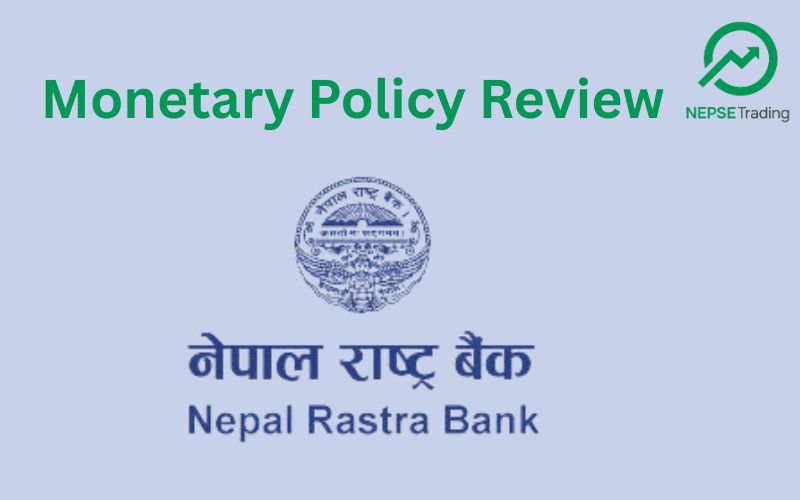By Dipesh Ghimire
80 Companies Await IPO Approval: Challenges and Opportunities in Nepal’s Capital Market

In an unprecedented development, 80 companies are currently awaiting Initial Public Offering (IPO) approval at the Nepal Securities Board (SEBON), collectively targeting NPR 49.48 billion in capital. The backlog, attributed to a year-long halt in new approvals, underscores systemic challenges in the regulatory process while also signaling robust market demand and investor confidence.
Pending Approvals: The 80 companies include diverse sectors, with hydropower dominating the list with 40 firms, followed by production and processing (15), and hotels and tourism (7).
Capital Raising: Hydropower companies alone are set to raise NPR 16.41 billion, reflecting the sector's critical role in Nepal's energy landscape and its appeal to investors. Production and processing companies, aiming for NPR 22.68 billion, highlight the sector's growth potential in industrial development.
Regulatory Bottlenecks: Over the past year, SEBON has approved only one IPO, from Guardian Microinsurance Company. The regulatory inertia was exacerbated by the absence of a chairman, recently addressed by the appointment of Santosh Narayan Shrestha.
Market Activity: Despite the IPO halt, the Nepal Stock Exchange (NEPSE) now lists 267 companies, up from 263 a year ago. Banks, financial institutions, and insurance companies dominate the market, contributing 59.2% of market capitalization.
The large volume of pending IPOs reflects both a vibrant entrepreneurial ecosystem and the inefficiencies in regulatory processing. Hydropower's dominance among the applicants aligns with Nepal's focus on energy infrastructure, but the sector's IPO backlog may delay critical funding for these projects. Similarly, production and processing companies are signaling expansion needs, indicative of Nepal's shifting focus toward industrialization.
The recent appointment of a chairman at SEBON brings optimism for expedited approvals. However, systemic reforms, including enhanced automation and better coordination within SEBON, are critical to avoiding similar bottlenecks in the future.
Positive Signals: The sheer volume of IPO applications demonstrates robust confidence in Nepal's capital markets. Investors and businesses alike see equity markets as a viable funding source.
Delayed Growth: Prolonged IPO approvals may stifle economic growth, particularly in capital-intensive sectors like hydropower, which are critical for national energy self-reliance.
Investor Impact: The delayed issuance creates a bottleneck in investment opportunities, potentially diverting capital to alternative markets or instruments.
To unlock this pent-up capital, SEBON must streamline its processes, leveraging technology and policy reforms. The new leadership has already initiated directives to expedite approvals, a promising step for Nepal's capital market development.
As approvals resume, the next wave of IPOs could inject significant liquidity into the market, fostering economic growth and industrial expansion. This backlog, while challenging, presents an opportunity to strengthen Nepal's financial ecosystem and cement its role as a hub for investment.









